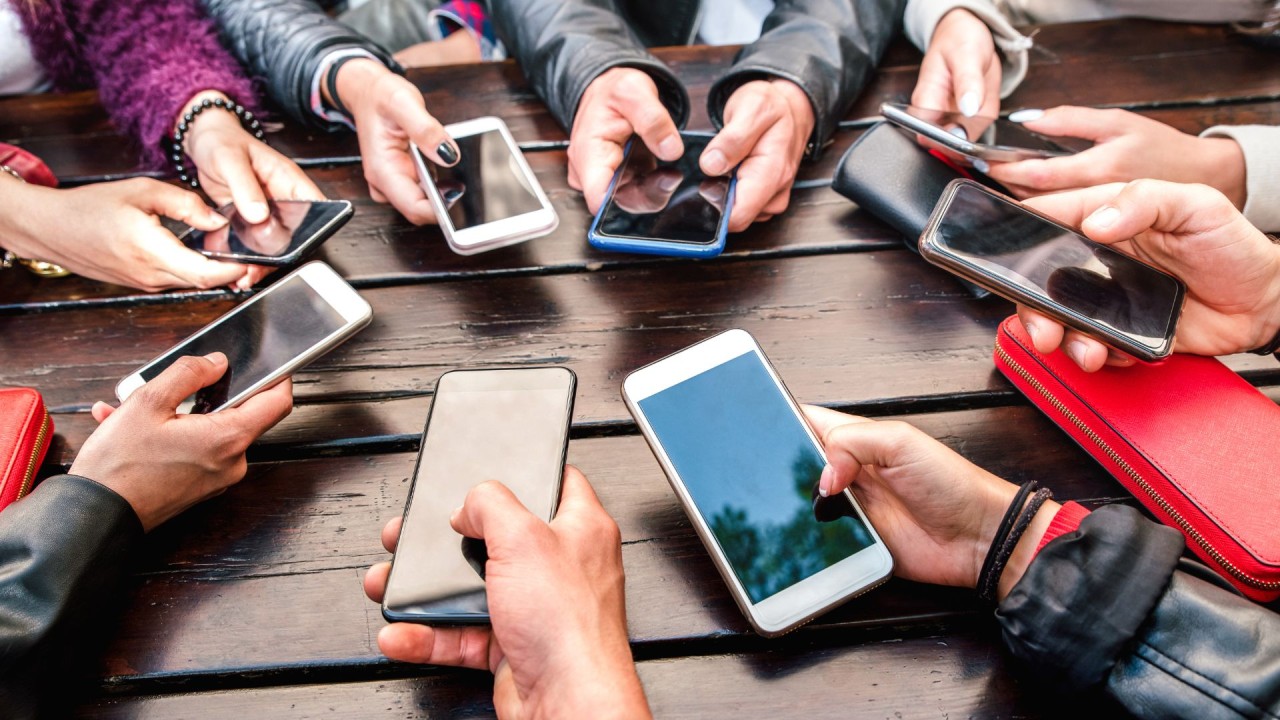The term “addictive smartphone use” describes a pattern of obsessive, excessive, and hard-to-control smartphone use that persists despite detrimental effects on the user’s everyday life, health, and general well-being. Although many diagnostic manuals do not formally recognise this condition as a disorder, it has similarities with other behavioural addictions.
Participants in the study, who ranged in age from 12 to 19, were 357 teenagers from ten public schools in northern Romania. A variety of measures were used to assess the relationship between smartphone addiction and various psychological states, including the Roberts version of the UCLA Loneliness Scale, the Rosenberg Self-Esteem Scale, the Short Boredom Proneness Scale, and the Need to Belong Scale.
The researchers found a strong correlation between compulsive smartphone use and loneliness, indicating that adolescents who experience emotions of isolation are more likely to use their phones frequently.
Self-esteem acted as a mediator in this interaction. Teens who reported feeling more alone also tended to have poorer self-esteem. In turn, low self-esteem was linked to more compulsive smartphone use, pointing to a mechanism by which loneliness may tangentially raise the risk of smartphone addiction.
